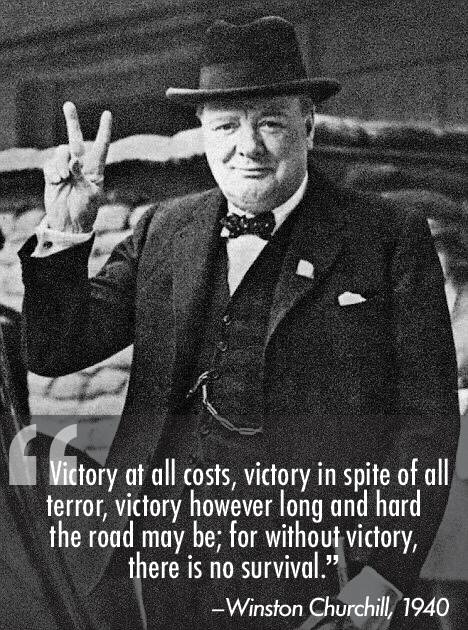As happens annually during the last week of June, this has been a week of tension and anticipation as SCOTUS junkies await the release of decisions on the flagship cases from the waning term of the High Court. Two years ago we waited with bated breath for the decision in the case challenging the Constitutionality of Obamacare.  Many of us will forever remember where we were when the decision was disseminated on the Court’s steps and the devastating news that Conservatives had dreaded was unleashed. Almost as painful as the decision itself was the realization that Chief Justice John Roberts had cast the deciding vote in support of Constitutionality AND had authored the opinion. Three strikes and our hopes were out the door.
Many of us will forever remember where we were when the decision was disseminated on the Court’s steps and the devastating news that Conservatives had dreaded was unleashed. Almost as painful as the decision itself was the realization that Chief Justice John Roberts had cast the deciding vote in support of Constitutionality AND had authored the opinion. Three strikes and our hopes were out the door.
So this week we have seen the Court’s final decisions for 2013-14 come popping out like kernels of popcorn. You never know exactly which one will be next. Although we still await the mammoth decision for this year — the Hobby Lobby case — we already have seen several biggies this week.
Of note first was the ruling in two Fourth Amendment similar cases in which a unanimous Court limited the right of police to search a person’s cell phone upon arrest without a warrant.
In a strong defense of digital age privacy, a unanimous Supreme Court ruled Wednesday that police may not generally search the cellphones of people they arrest without first getting search warrants.
Cellphones are powerful devices unlike anything else police may find on someone they arrest, Chief Justice John Roberts said for the court. Because the phones contain so much information, police must get a warrant before looking through them, Roberts said.
This decision is a victory for privacy rights and pro-Constitutionalism. The Fourth Amendment guards against unreasonable search and seizure, and although it is important to stop bad guys, that should not come at the risk of trampling the rights of the innocent.
Thursday morning we saw the NLRB recess appointments case decided in favor of conservative values in its limitation of executive power. Although this decision was also unanimous, there was division in the Court over just how far the limitation on executive power should extend. The White House stated that it was disappointed in the decision, but the President would abide. As if it he had a choice. What will be interesting in the coming weeks is what becomes of the cases that were decided by the unconstitutionally constituted Democrat controlled board of the NLRB in recent years.











Recent Comments